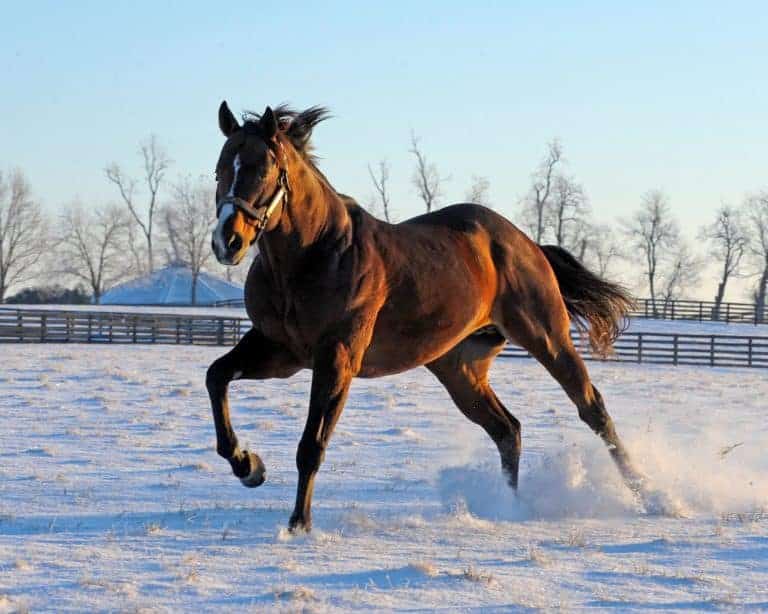More Than Skin Deep?
It was two years ago–in April of 2004–that this magazine published the announcement that the Poco Bueno Quarter Horse sire line had been identified as carrying the recessive gene that causes hyperelastosis cutis (HC, also known as hereditary















